

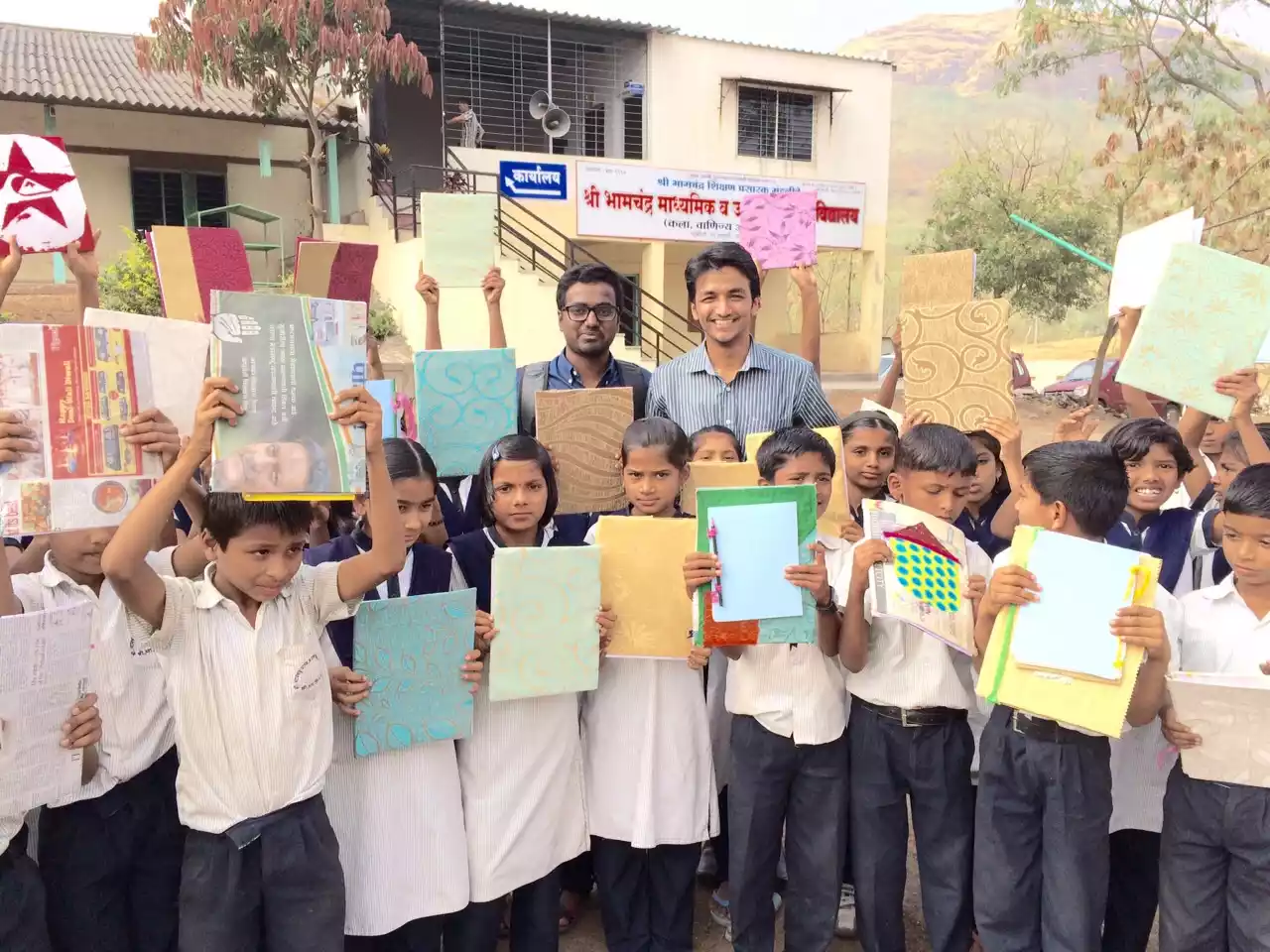
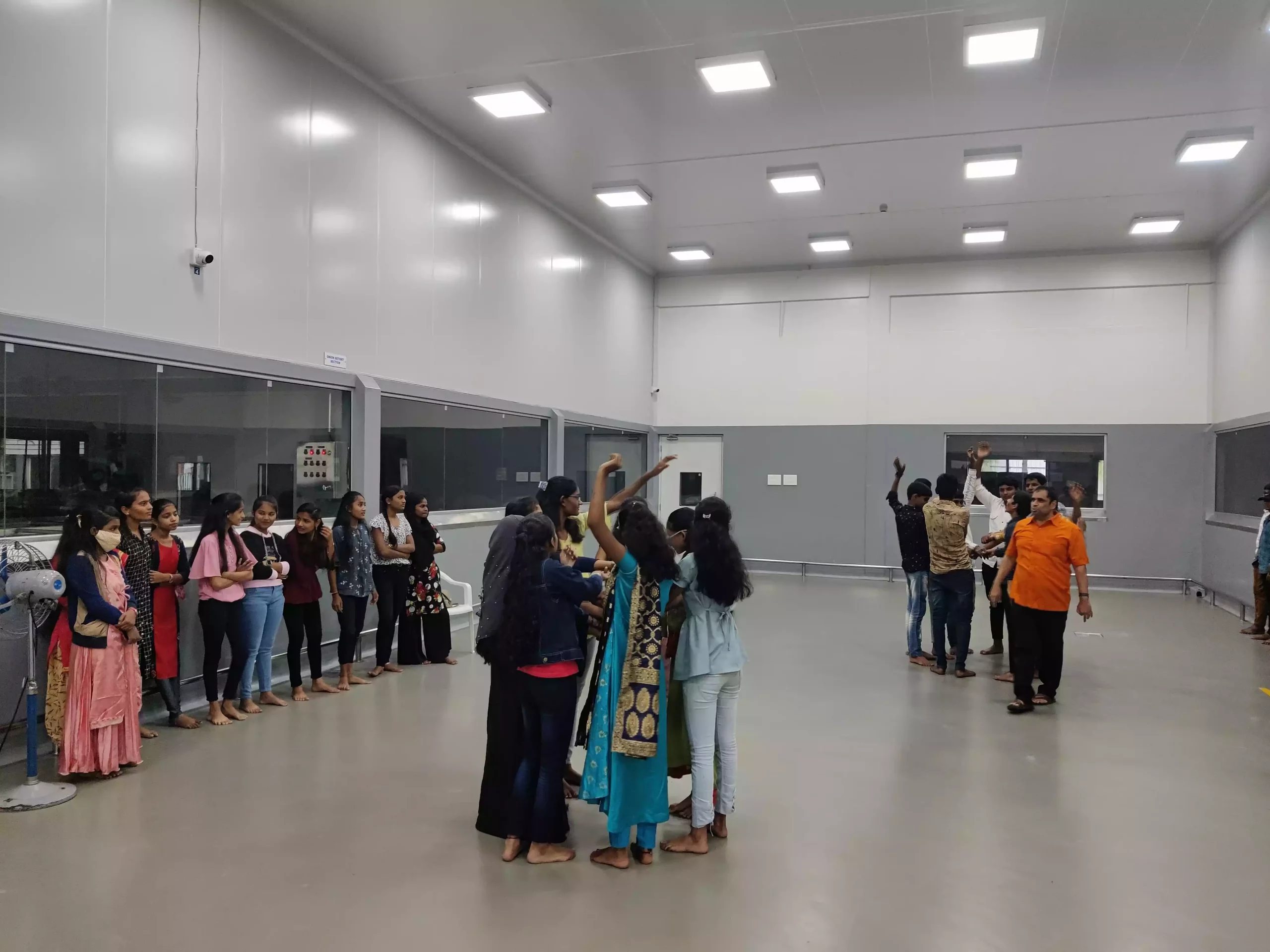
Activity Based Learning and Project Based Learning is used by as as a tool
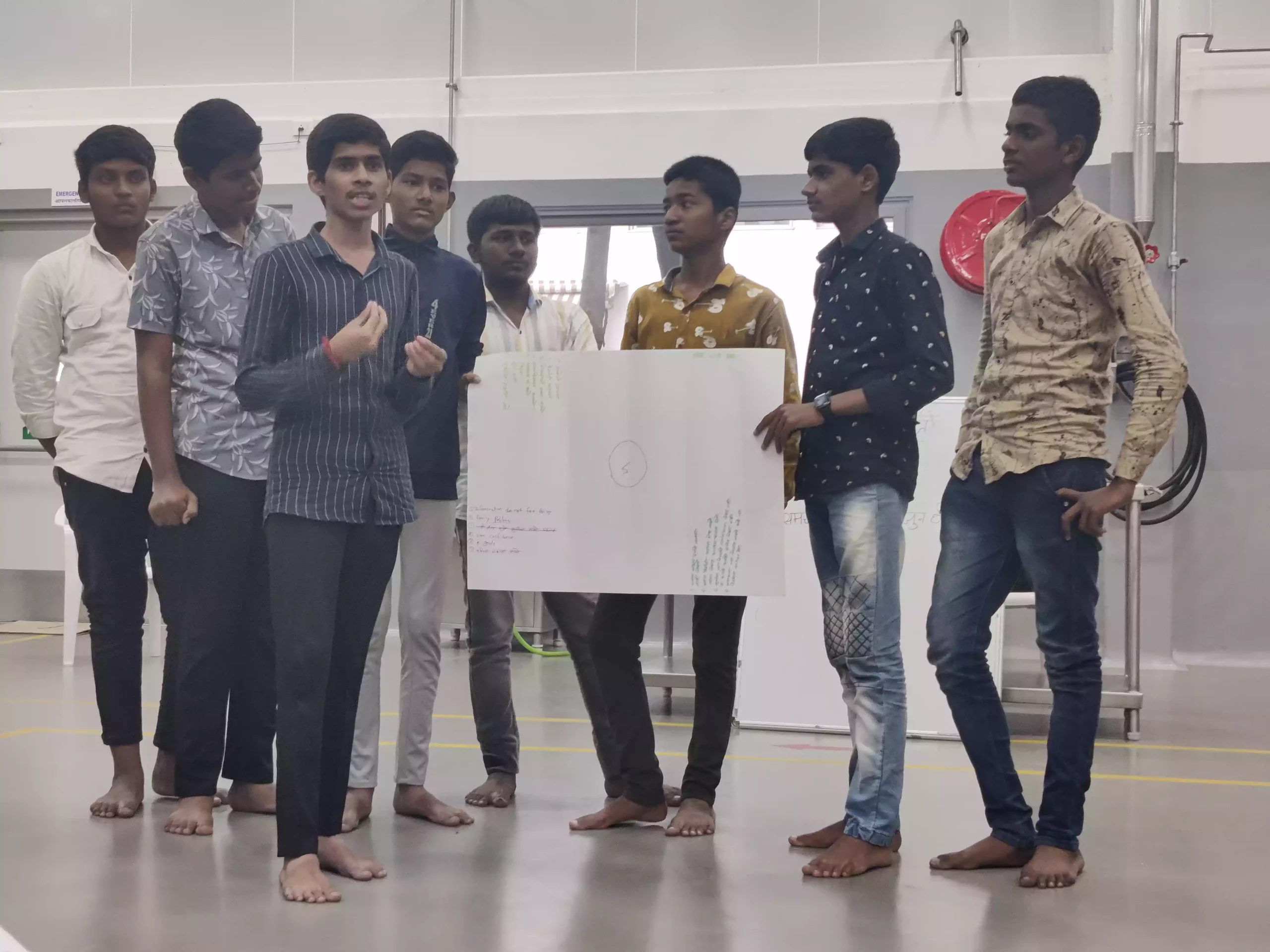

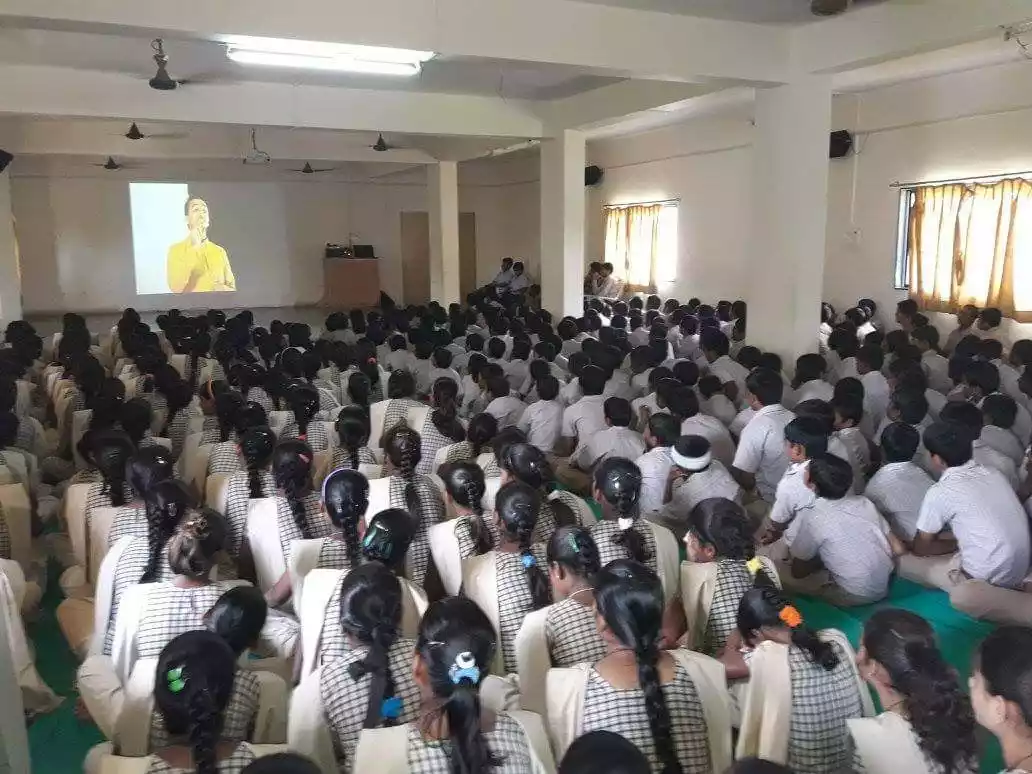
Students in Gujarat watching session of Pravin Nikam on schools and sanitation
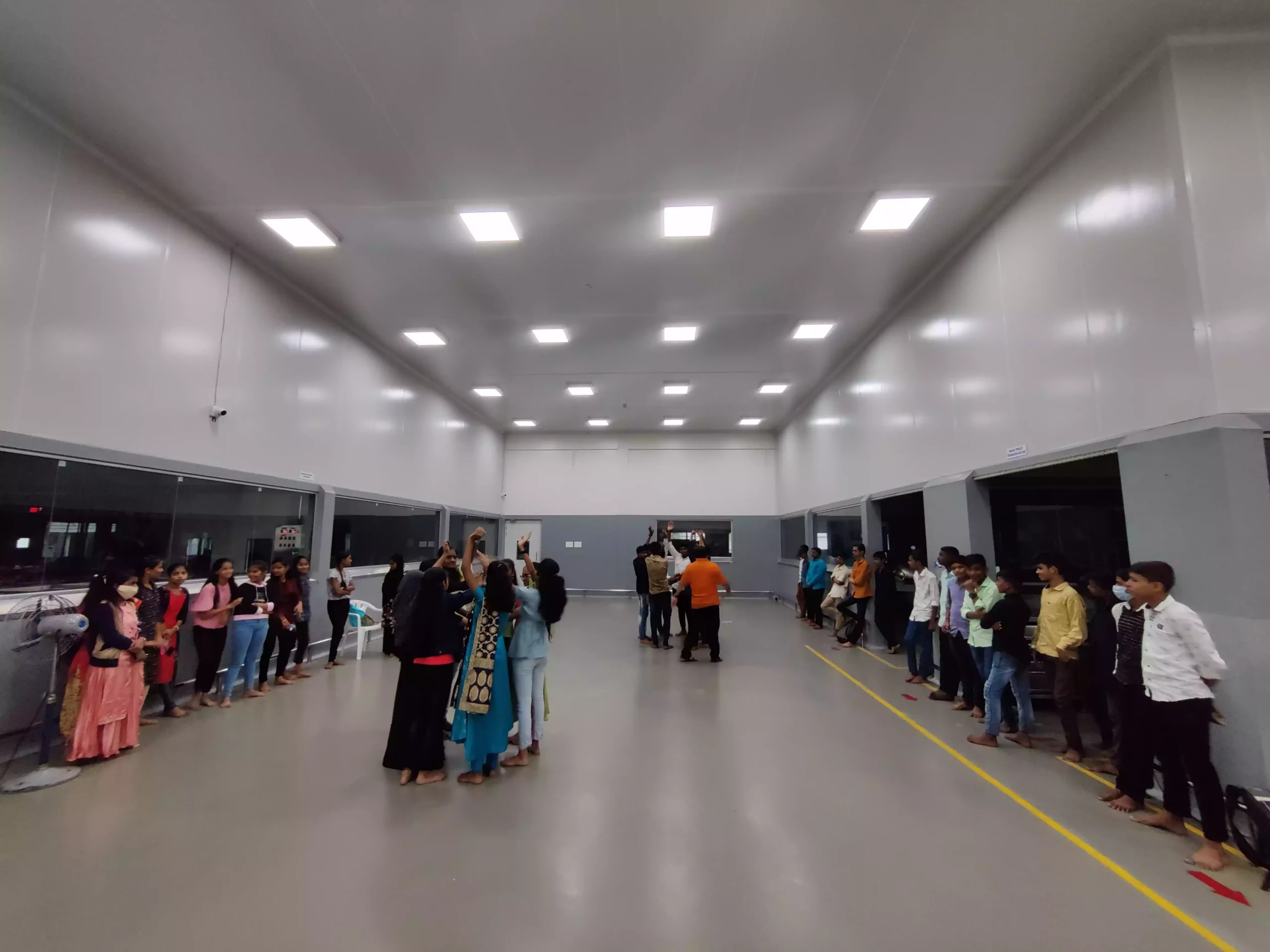
Afer school session focused on gender, career opportunities
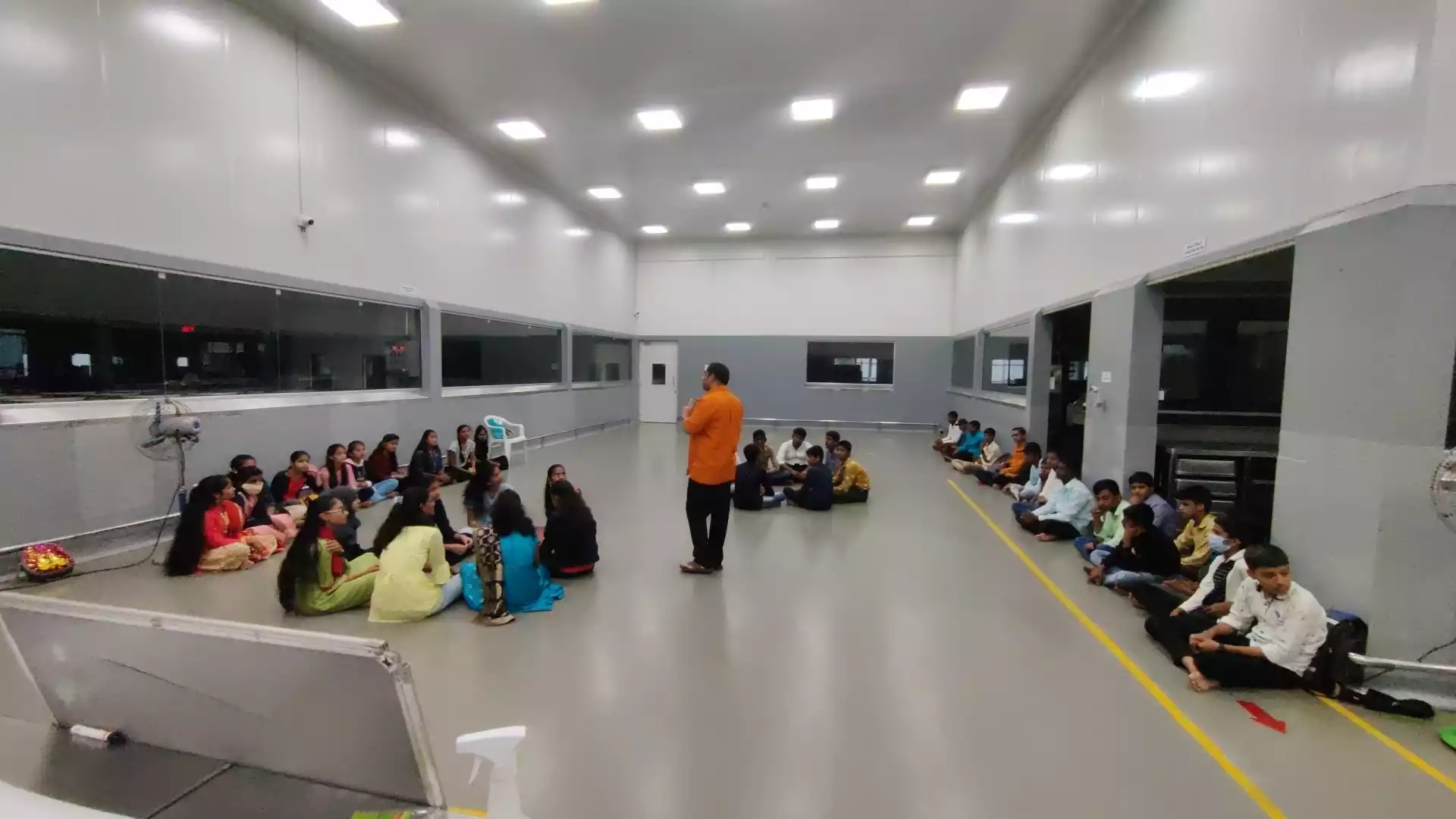

UNESCO MGIEP Program: 60 Young Leaders coming from across the globe underwent Compassionate Integrity Training (CIT) to build their capacities on socio-emotional learning.
(In Picture: President of India Ram Nath Kovind and UNESCO MGIEP Director Anantha Duraiappah at UNESCO MGIEP Program along with 60 young leaders.)


